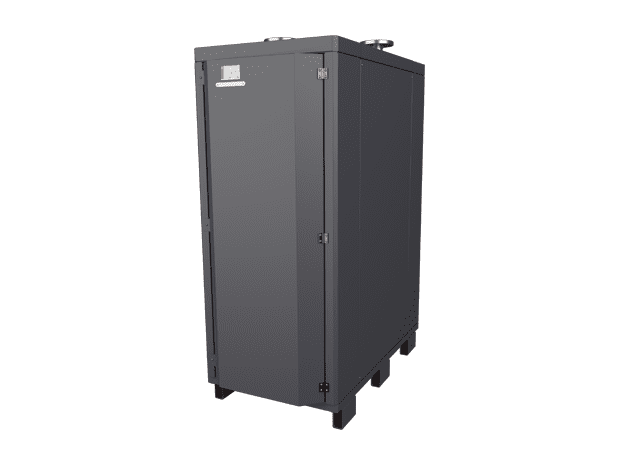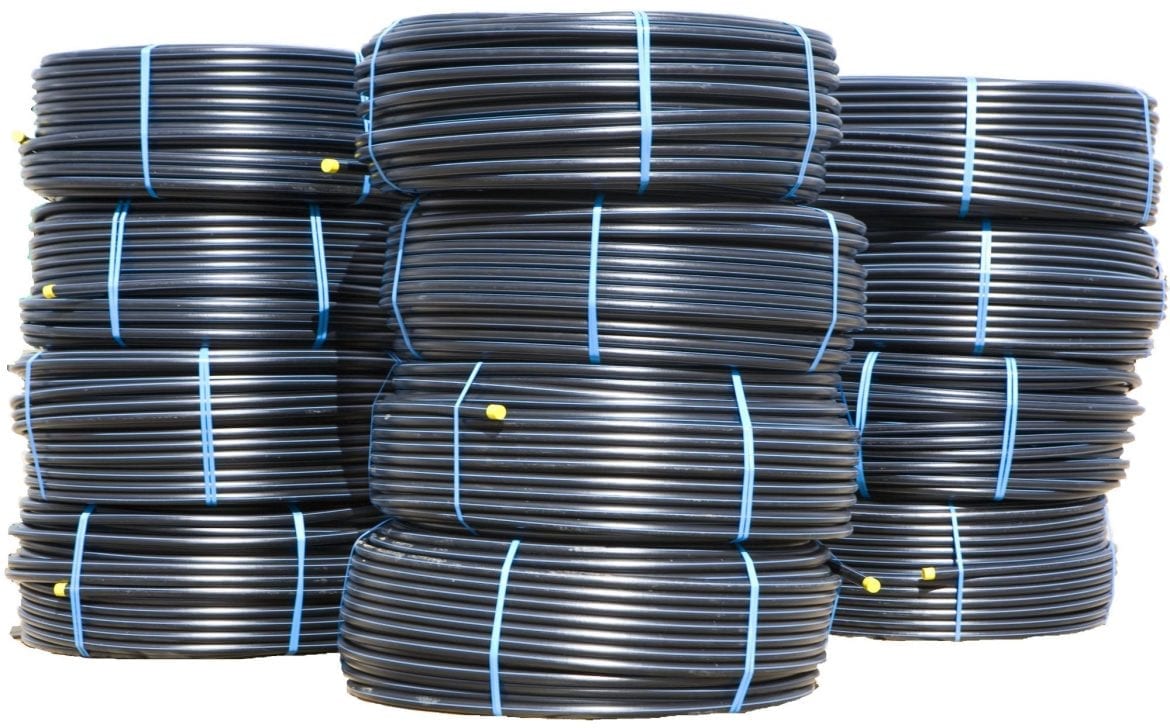

Ground source heat pump manufacturer, Kensa Heat Pumps, has added fuel to the debate about how the UK can tackle the growing problem of fuel poverty. The response comes in light of reports that in 2018 excess winter deaths hit their highest recorded levels since 1976.
Kensa Group CEO, Simon Lomax says:
It is clear that something has to be done, and urgently. There has been much industry discussion recently about the growing problem of fuel poverty and the heating technologies that could help alleviate this issue. The oil heating body OFTEC has suggested that oil boilers are a more suitable solution than ground source heat pumps for rural householders in fuel poverty, and that they are ‘the cheapest fuel available to off-grid homes’ – a suggestion that Kensa disagrees with. Far from being the cheapest option, heat from an oil boiler costs 21% more.
Kensa’s claims follow a rolling programme of off gas grid heating upgrades featuring Kensa heat pumps in social housing properties, where prior to the upgrades some tenants were fuel poor. Simon continues:
Misleading claims that ground source heat pump’s are a technology for the ‘wealthy few’ are wholly incorrect given none of these aforementioned residents will pay a penny for their Kensa system, and many were in fuel poverty before the installations dramatically reduced their heating bills.
Further, claims that rural properties are not suited to ground source heat pumps due to their lack of insulation are also dangerously misleading – all homes should be well insulated for all heating types: for heat pumps it is not essential, but equally desirable.
A recent report examining the ‘Technical Feasibility of Electric Heating in Rural Off-Gas Grid Dwellings’, supports Kensa’s viewpoint, reporting that ‘based on average peak winter day temperatures, around 84% of homes can be electrified at their current level of insulation. This increases to around 93% if all suitable homes have loft & wall insulation installed’.
Kensa also identifies the bigger picture associated with the specification of oil – and gas – boilers:
Using the carbon intensity factors proposed for SAP 10, an oil boiler emits almost five times as much carbon as a ground source heat pump; there is absolutely no moral justification for their continued use when far more appealing options are available. And we haven’t even talked about air quality. Should synthetic oils ever emerge to reduce the carbon emissions the debate has validity, but the harsh reality for the oil sector is that other technologies are making bigger strides forward and will offer more compelling choices for those in fuel poverty and beyond. Climate change was caused by oil: oil will not be the saviour.
Further to replacing oil in rural areas the case for ground source heat pumps has been made for replacing gas in cities; the Committee for Climate Change recently called for an end to gas grid connections to new homes by 2025 in favour of heat pump infrastructure. The report follows the Greater London Authority (GLA) identifying the primary role of heat pumps to deliver low carbon heat in the capital. The GLA report, ‘Low Carbon Heat: Heat Pumps in London’ concludes:
Compared to various air source, direct electric, gas and CHP configurations in new build houses, shared ground loop arrays are the most efficient, lowest carbon, and lowest cost solution.
Kensa explores the oil industries claims further in a blog comparing oil versus ground source heat pumps here.
Industry experts added their support to Kensa’s dismissal of OFTEC’s claims:
David Pearson of Star Renewable Energy replied to Kensa’s article orginally published by H&V News:
Hard to add more than Simon already has other than to say that the real challenge is not to offer a better outcome than oil in the countryside but better than gas in the cities.
This will define our success or failure to provide an outcome our children will be proud of……….and it absolutely will include consideration of air pollution. gas is a dirty fuel by comparison to a heat pump – of course oil being even worse!
Graham Hazell of the Heat Pump Association replied:
“Sorry kids and Grandkids. we were so inconsiderate and tight we decided to burn oil and ruin the climate beyond repair” or that seems to be what OFTEC would say.
Agree with Simon Lomax: the oil industry has some very big questions to answer re climate change.
As Rose says ECO 3 is there to help those less able to pay and it would be easy to support this further for the sake of low carbon solutions for future generations rather than continue to install 100,000’s of oil boilers in the hope that a suitably low carbon low cost bio oil will be viable.
A similar argument (economics) was used by UK manufacturers of land mines- hey ho.












